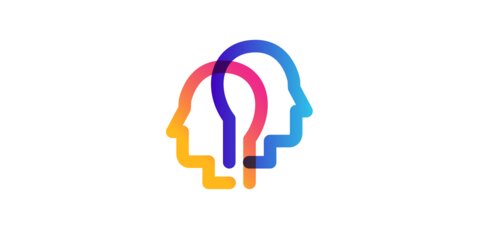Stories from the Spectrum
Welcome to our Stories from the Spectrum series. Here, autistic people and their family members share their experiences of life on the autism spectrum.
All our stories

More about Stories from the Spectrum
‘Stories from the Spectrum’ features voices from across the autism spectrum and highlights the rich variety of autistic experience. There are funny stories, thought-provoking stories, moving and challenging stories.

The Spectrum magazine
Explore one of the UK's largest collections of autistic art, poetry, and prose. The Spectrum magazine is created by and for autistic people, and is available both online and in print.

The autistic perspective
Autistic people share their experiences of mental health and loneliness.

It's How You Show Up
Showing up for the autistic people in your life can be easier than you might think. We have launched a public awareness campaign to educate people on simple changes they can make.
See more





You are not alone
Join the community
Our online community is a place for autistic people and their families to meet like-minded people and share their experiences.
Join today